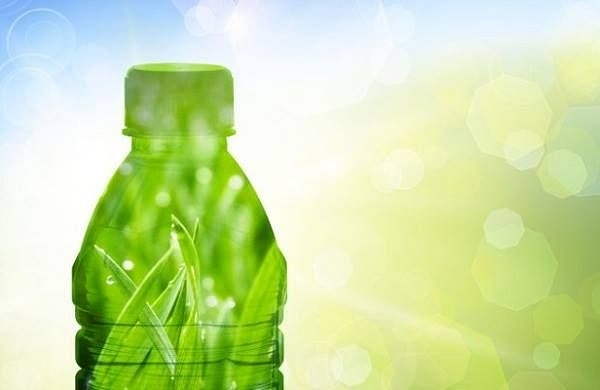Insta
More Harm Than Good: Study Reveals Bioplastics, Apart From Plastics, Are Also Bad For Climate In The Long Run

Increase in bioplastic consumption in future will generate an increase in greenhouse gas emissions, says study
A study has revealed that bioplastics are as harmful for nature as plastics, reports India Today. The recent study conducted in the University of Bonn in Germany suggests shifting to plastics made from plants, which is promoted as climate-friendly, does not do any good for the climate.
The harmful consequences of plastic like depletion of fossil fuels and climate changes led to the use of an alternative known as bioplastic. The study suggests bioplastics have a less positive impact on climate than it was expected to do. Increase in bioplastic consumption in future will generate an increase in greenhouse gas emissions from cropland expansion throughout the world.
Bioplastics are climate-neutral because they are based on raw materials which are renewable, like maize, sugar cane or wheat. Despite having a long list of advantages like reducing human carbon footprints, fewer use of non-renewable raw materials, more energy savings during production and others, researchers say, with the current technology, the issue might be unclear than is assumed.
University of Bonn’s Neus Escobar said, "The production of bioplastics in large amounts would change land use globally". He adds, "This could potentially lead to an increase in conversion of forest areas to arable land. However, forests absorb considerably more CO2 than maize or sugar cane annually, if only because of their larger biomass.”
The study found that it would take a long time before the switch to bioplastic pays off. Researchers also added that if governments genuinely want to protect the environment, they will need to pursue a different strategy.
The study has been published in Environmental Research Letters, a scientific journal.
Support Swarajya's 50 Ground Reports Project & Sponsor A Story
Every general election Swarajya does a 50 ground reports project.
Aimed only at serious readers and those who appreciate the nuances of political undercurrents, the project provides a sense of India's electoral landscape. As you know, these reports are produced after considerable investment of travel, time and effort on the ground.
This time too we've kicked off the project in style and have covered over 30 constituencies already. If you're someone who appreciates such work and have enjoyed our coverage please consider sponsoring a ground report for just Rs 2999 to Rs 19,999 - it goes a long way in helping us produce more quality reportage.
You can also back this project by becoming a subscriber for as little as Rs 999 - so do click on this links and choose a plan that suits you and back us.
Click below to contribute.
Latest